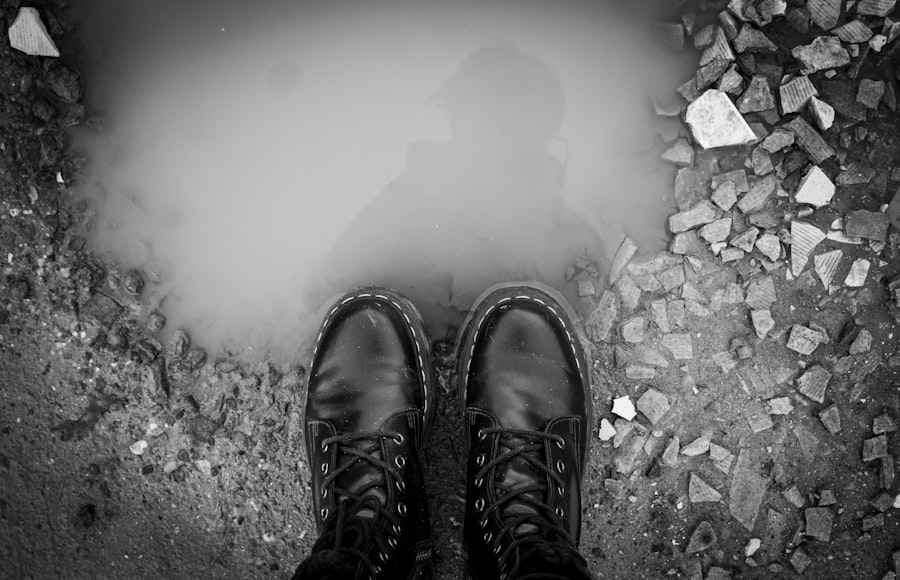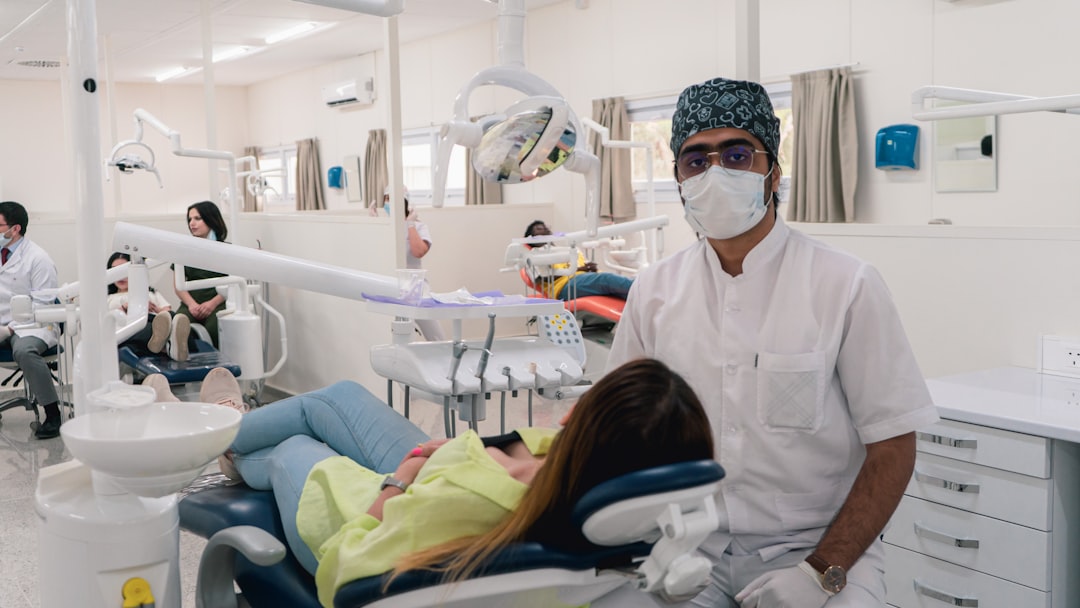The Norwegian healthcare system is renowned for its comprehensive and equitable approach to health services. Funded primarily through taxation, it ensures that all residents, including expatriates, have access to necessary medical care without the burden of exorbitant costs. The system is structured around a public healthcare model, which means that most services are provided by government-funded hospitals and clinics.
This model not only promotes accessibility but also prioritises preventive care, aiming to keep the population healthy and reduce the need for more extensive medical interventions. In Norway, healthcare is organised into a tiered system, with general practitioners (GPs) serving as the first point of contact for patients. These GPs play a crucial role in the healthcare landscape, providing referrals to specialists when necessary.
The emphasis on primary care ensures that patients receive holistic treatment tailored to their individual needs. Additionally, the country boasts a robust emergency care system, ensuring that urgent medical situations are addressed promptly and efficiently. Understanding this structure is vital for anyone navigating the Norwegian healthcare system, as it can significantly influence the quality and timeliness of care received. Book your 1-hour strategy session with Norway Relocation Group.
Summary
- The Norwegian healthcare system is primarily funded by taxes and provides universal coverage for all residents.
- Ensure you have all necessary documents and insurance in place before seeking healthcare in Norway.
- Pack essential items for your hospital stay, including comfortable clothing and personal toiletries.
- Make arrangements for accommodation and transportation to and from the hospital, considering the distance and your mobility.
- Communicate effectively with healthcare providers by learning basic Norwegian phrases and using translation tools if needed.
Preparing Your Documents and Insurance
Before embarking on any medical journey in Norway, it is essential to prepare the necessary documents and ensure that you have adequate insurance coverage. This preparation begins with gathering personal identification documents, such as your passport or national ID card, as well as any relevant medical records that may assist healthcare providers in understanding your medical history. If you are a foreign resident, it is advisable to have your residence permit or registration documentation readily available, as this may be required for accessing certain services.
Equally important is securing health insurance that aligns with your needs. While Norway’s public healthcare system covers many services, there may be instances where private insurance is beneficial, particularly for expats or tourists who may not be fully integrated into the system. It is prudent to review your insurance policy to understand what is covered, including hospital stays, specialist consultations, and any potential out-of-pocket expenses.
Having this information at hand will not only ease your mind but also facilitate smoother interactions with healthcare providers.
Packing for Your Hospital Stay

When preparing for a hospital stay in Norway, packing thoughtfully can make a significant difference in your comfort and overall experience. Start by considering the essentials: comfortable clothing that is easy to put on and take off, as well as personal hygiene items such as toothbrushes, toothpaste, and any skincare products you may require. Hospitals often provide basic toiletries, but having your preferred items can help you feel more at home during your stay.
Additionally, it is wise to bring along any necessary medical supplies or equipment that you may need during your recovery. This could include items like mobility aids or specific medications that are not readily available in the hospital. Furthermore, consider packing entertainment options such as books or electronic devices to help pass the time during your recovery.
A familiar blanket or pillow can also provide comfort and a sense of normalcy in an unfamiliar environment.
Making Arrangements for Accommodation and Transportation
If you are travelling to Norway for medical treatment, it is crucial to make arrangements for accommodation and transportation well in advance. Depending on the nature of your treatment, you may need to stay close to the hospital for several days or even weeks. Researching nearby hotels or guesthouses that cater specifically to patients can be beneficial, as they often offer amenities tailored to those undergoing medical procedures.
Transportation is another key consideration. If you are not familiar with the local area, it may be helpful to arrange for airport transfers or local transport services ahead of time. Public transport in Norway is generally efficient and reliable; however, if you have mobility issues or require assistance, consider booking a taxi service that can accommodate your needs.
Ensuring that these logistical details are sorted out before your arrival will allow you to focus on your health and recovery without unnecessary stress.
Communicating with Healthcare Providers
Effective communication with healthcare providers is paramount in ensuring that you receive the best possible care during your hospital stay. In Norway, most healthcare professionals speak English fluently; however, it is still advisable to clarify any medical terms or procedures that may be unfamiliar to you. Do not hesitate to ask questions or request explanations if something is unclear; after all, understanding your treatment plan is essential for your peace of mind.
Moreover, if you have specific preferences regarding your care or treatment options, it is important to communicate these clearly to your healthcare team. This includes discussing any allergies, previous medical conditions, or concerns you may have about certain procedures. Establishing an open line of communication fosters a collaborative relationship with your healthcare providers and can lead to better outcomes during your treatment.
Understanding the Role of Family and Visitors

The presence of family and friends during a hospital stay can significantly impact a patient’s emotional well-being and recovery process. In Norway, hospitals generally encourage visitors, recognising the importance of social support in healing. However, it is essential to be aware of visiting hours and any restrictions that may be in place due to health protocols or patient privacy considerations.
Family members can play an active role in advocating for your needs while you are in hospital. They can assist with communication between you and healthcare providers, ensuring that your preferences are respected and understood. Additionally, having loved ones nearby can provide comfort during what may be a challenging time.
It is advisable to discuss with family members how they can best support you during your stay and what their visiting schedule will look like.
Familiarising Yourself with Hospital Procedures and Protocols
Each hospital in Norway has its own set of procedures and protocols that patients must adhere to during their stay. Familiarising yourself with these guidelines can help ease any anxiety you may have about the hospital environment. Upon admission, you will typically receive an orientation regarding the hospital’s layout, including key areas such as the pharmacy, cafeteria, and waiting rooms.
Understanding the daily routines within the hospital can also enhance your experience. For instance, knowing when meals are served or when rounds are conducted by medical staff can help you plan accordingly. Additionally, being aware of discharge procedures will prepare you for what to expect when it comes time to leave the hospital.
Engaging with nursing staff about these protocols can provide clarity and ensure that you feel comfortable navigating your hospital experience.
Planning for Post-Hospital Care and Recovery
As you prepare for discharge from the hospital, it is crucial to have a solid plan in place for post-hospital care and recovery. This may involve arranging follow-up appointments with specialists or primary care providers to monitor your progress after leaving the hospital. Discussing these plans with your healthcare team before discharge will ensure that you have a clear understanding of what steps need to be taken next.
In addition to medical follow-ups, consider how you will manage daily activities during your recovery period. This might include arranging for assistance with household chores or meal preparation if you anticipate needing help while recuperating. Having a support network in place can significantly ease the transition from hospital to home and promote a smoother recovery process.
Managing Medications and Medical Supplies
Upon discharge from the hospital, managing medications and medical supplies becomes a critical aspect of your recovery journey. It is essential to have a clear understanding of any prescriptions provided by your healthcare team, including dosages and timing for administration. Keeping a medication schedule can help ensure that you adhere to your treatment plan effectively.
In addition to medications, consider any medical supplies you may need at home during your recovery period. This could include items such as wound dressings, mobility aids, or specialised equipment recommended by your healthcare provider. Ensuring that these supplies are readily available will facilitate a smoother recovery process and help prevent complications.
Knowing Your Rights and Responsibilities as a Patient
As a patient in Norway’s healthcare system, it is vital to be aware of your rights and responsibilities. Patients have the right to receive information about their treatment options, participate in decisions regarding their care, and voice concerns about their treatment without fear of retribution. Understanding these rights empowers patients to take an active role in their healthcare journey.
Conversely, patients also have responsibilities that contribute to a positive healthcare experience. This includes providing accurate information about their medical history and adhering to treatment plans as prescribed by their healthcare providers. Being informed about both rights and responsibilities fosters a collaborative relationship between patients and healthcare professionals, ultimately leading to better health outcomes.
Making Financial and Administrative Preparations
Finally, making financial and administrative preparations before undergoing treatment in Norway is essential for minimising stress during your hospital stay. This includes understanding any potential costs associated with your care and ensuring that you have sufficient funds or insurance coverage in place to cover these expenses. It may be beneficial to consult with your insurance provider regarding what costs will be covered and what out-of-pocket expenses you might incur.
Additionally, keeping track of all administrative paperwork related to your treatment will help streamline processes during your hospital stay. This includes maintaining copies of consent forms, discharge instructions, and any correspondence with healthcare providers or insurance companies. Being organised will not only ease your mind but also facilitate smoother interactions with hospital staff throughout your treatment journey.
In conclusion, navigating the Norwegian healthcare system requires careful preparation and understanding of various aspects related to medical care. From familiarising yourself with hospital procedures to ensuring effective communication with healthcare providers, each step plays a crucial role in enhancing your overall experience as a patient. For those looking to integrate more fully into Norwegian society while managing their health needs, enrolling in Norwegian courses at the NLS Norwegian Language School can be immensely beneficial.
These courses not only equip individuals with essential language skills but also foster cultural understanding—an invaluable asset when interacting with healthcare professionals in Norway. By investing time in learning Norwegian, patients can enhance their ability to communicate effectively within the healthcare system while also enriching their overall experience living in this beautiful country.
Speak Norwegian with confidence. Enroll in a class at the NLS Norwegian Language School now.

